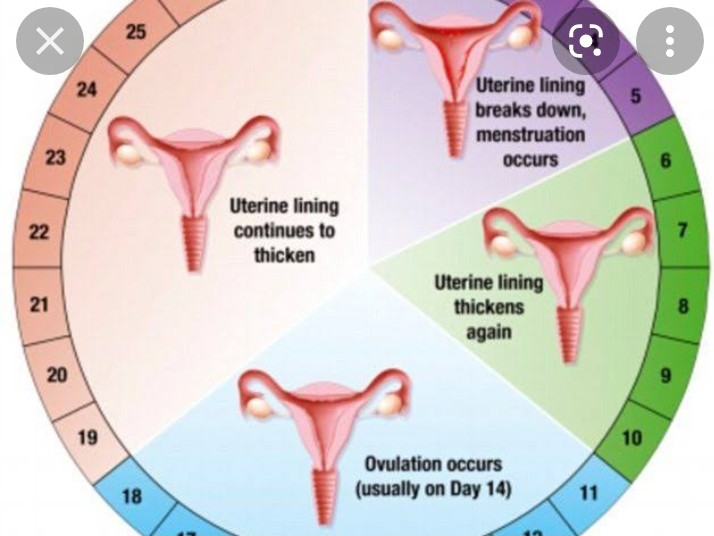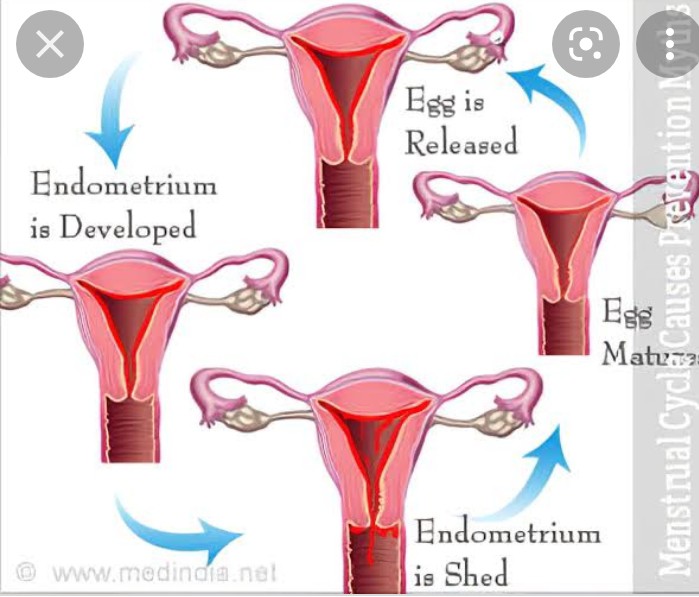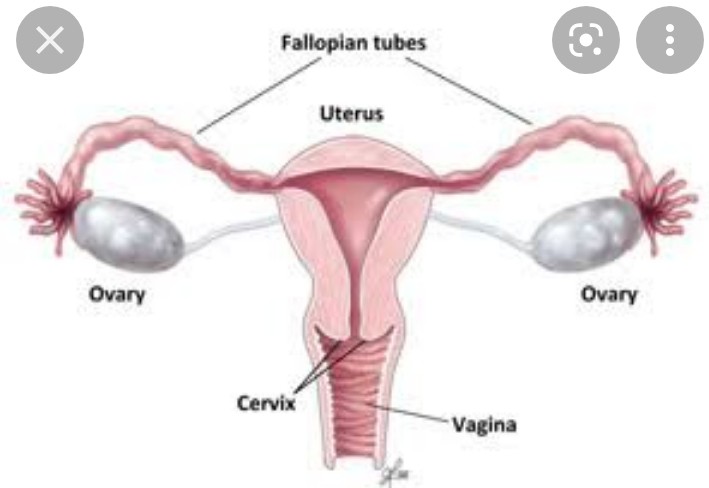
Menstrual circle
Written by Rachel Nall (MNT)
Causes
Symptoms
Birth control
Risk factors
Seeking help
Summary
Several factors can alter a person’s menstrual flow and make their period unusually light. Body weight, exercise, and stress can all cause light periods, and knowing why can be helpful.
Periods that are lighter than usual are not normally a cause for concern. People often find that their menstrual flow varies from month to month, and some months are simply lighter than others.
In some cases, a light period can be due to stress or weight loss. It can also indicate pregnancy or a hormone-related condition.
Similarly, a person may have spotting or colored discharge that they mistake for a period.
Read on to learn about some possible causes of light periods, how to identify them, and when to contact a doctor.
Causes of a light period
Each person’s menstrual flow is individual to them. It is normal for this flow to vary monthly, and it can also change over time. For example, a person’s period may get heavier or lighter as they get older.
Some possible causes of light periods include the following.
Age
Period flow can vary throughout a person’s lifetime. When a person first starts their period, for example, their flows are usually lighter and may only involve spotting. Periods tend to become more regular when the person is in their 20s and 30s.
In their late 30s and 40s, people may develop heavier and shorter periods. They may also have months without periods and then have a heavier period later. Periods often then become lighter and more irregular during perimenopause.
A lack of ovulation
Sometimes, a person has irregular periods because their body does not release an egg. This is known as anovulation, and it can lead to lighter or irregular periods.
Additionally, some people have primary ovarian insufficiency. This refers to when their ovaries stop functioning correctly before menopause.
Body weight changes
People who are underweight or who quickly lose a large amount of weight may notice that their periods are very light or that they stop altogether. This change happens because their body fat level becomes too low, which can stop ovulation.
Excessive exercise and eating disorders can also cause a person’s periods to become lighter or stop altogether.
Pregnancy

During pregnancy, a person’s periods will usually stop. However, people may mistake implantation bleeding for a light period. This is a light amount of spotting that happens when the egg attaches to the uterine lining.
If a person has spotting after a missed period, they may wish to take a pregnancy test.
Medical conditions
Certain medical conditions that affect a person’s hormones can also affect the menstrual cycle. These conditions include:
thyroid dysfunction
polycystic ovary syndrome (PCOS)
perimenopause
Cushing’s syndrome
Stress
Extended periods of stress can affect the body’s hormones, which can interrupt the regular menstrual cycle. Taking steps to manage stress can help a person’s periods return to normal.
Symptoms of a light period
Most menstrual periods consist of about 2–3 tablespoons of blood.
However, there is wide variation among individuals, and it can be difficult to determine how much blood a person is actually losing.
A person should make a note if their periods are lighter than they usually are. They can do this by keeping track of how many tampons or pads they use or tracking how much blood a menstrual cup collects.
The following may indicate a light period:
a period that is shorter in duration than is usual for the individual
fewer pad or tampon changes than usual
no usual heavy flow for the first 1–2 days but a consistent, light flow
bleeding that resembles spotting over a few days instead of a steady flow
Sometimes, a light period may also cause a reduction in symptoms of premenstrual syndrome, such as reduced back pain, uterine cramping, or mood shifts.
Light periods and birth control
When a person starts using hormonal birth control, they may notice that their periods get lighter.
This reduction in blood flow may be because the hormone dosages in birth control pills are low and do not stimulate the uterus to build up a thick lining. As a result, a person may have a light period because there is minimal uterine lining to shed.
This may also occur in people using the hormonal intrauterine device, contraceptive implant, or injection, as these cause thinning of the uterine lining.
People may experience some initial spotting between periods as the hormones start to help regulate their periods.
In certain cases, a doctor may recommend that someone with light periods takes birth control to help regulate their cycle. Some types of birth control contain hormones that can help an individual’s cycle become more consistent.
Risk factors
Sometimes, people with no known risk factors can have light periods. However, some factors make light periods more likely.
Some possible risk factors for a light period include:
Age: Young people tend to have lighter periods.
Breastfeeding: This natural process may delay the return of periods after childbirth or lead to lighter periods when they do restart.
Stress: High stress in someone’s life can affect the hormone levels in their body.
PCOS: Certain reproductive conditions, such as PCOS, can affect hormone levels and menstrual flow.
A person may wish to talk with a doctor about individual risk factors that may affect the severity of their periods.
When to contact a doctor
Having a light period is not usually a cause for concern. However, if someone has consistently light periods or starts skipping periods altogether, they should talk with a doctor.
A person should also contact a doctor if a light period coincides with other symptoms that are causing concern, such as pelvic pain.
Summary

In most cases, a light period is not a cause for concern.
Several factors — such as diet, exercise, birth control pills, and health conditions — can cause a light period.
What is most important is that a person listens to their body. If someone is concerned about the duration of their menstrual blood flow, they should talk with a doctor for clarification and reassurance.
While occasional changes in the menstrual cycle are not unusual, frequently experiencing two periods in a month may indicate an underlying medical…
There are many possible causes for irregular periods. You should always talk to your doctor if your period is irregular so that they can rule out…
Anovulation is when a woman does not ovulate. Periods may become irregular or absent.
A missed period is often one of the first signs of pregnancy, but there are a variety of other reasons why a person might not menstruate.






